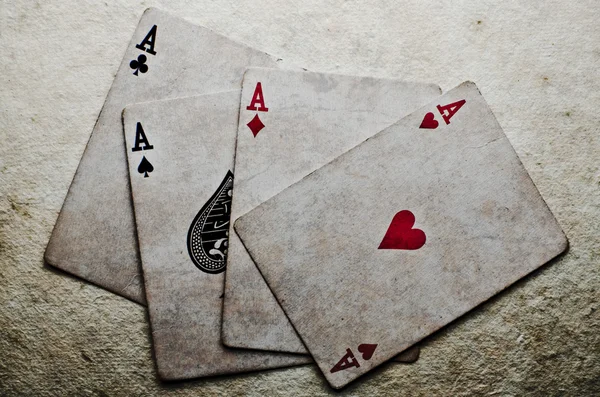Poker has long been regarded as one of the most iconic card games in the world. Unlike pure games of chance, poker thrives at the intersection of skill, strategy, and psychology. While luck can influence short-term outcomes, it is the player’s decision-making ability, emotional control, and strategic mindset that determine long-term success. Beyond the felt table, the lessons of poker extend into daily life, where focus, adaptability, and reading people play a role in both personal and professional arenas. Interestingly, players today also look to broader lifestyle and self-improvement resources, such as https://shiny-girlz.org/, for insights that enhance not only their game but also their mindset.
The Core Elements of Poker
At its essence, poker is a game about managing incomplete information. Unlike chess, where all pieces and moves are visible, poker forces players to act with partial knowledge. This makes observation, intuition, and probability analysis critical tools. Players must assess opponents’ betting patterns, facial expressions, and timing, while simultaneously balancing risk and reward in their own decisions.
The Role of Strategy
Every successful poker player relies on strategy. This includes understanding odds, knowing when to fold, and recognizing opportunities to bluff. Position at the table, stack size, and reading the community cards all play into strategic decision-making. Advanced players develop adaptable strategies, adjusting their playstyle to different opponents and situations. This adaptability mirrors the real world, where success often depends on staying flexible in the face of changing circumstances.
Poker and Psychology
Psychology is perhaps the most fascinating aspect of poker. The ability to read opponents, control one’s own emotions, and maintain a “poker face” separates amateurs from professionals. Fear, greed, and overconfidence are the most common pitfalls that lead to poor decisions at the table. Mastering emotional regulation is key not just in poker but also in everyday life, where staying calm under pressure can be the difference between success and failure.
Lessons for Everyday Life
Poker teaches valuable lessons far beyond the casino or online platform. It reinforces the importance of patience, timing, and discipline. For example, just as players wait for strong hands, individuals must recognize the right moment to seize opportunities in their careers or relationships. Similarly, the concept of risk management in poker applies to financial planning and personal development. Platforms like shiny-girlz.org highlight lifestyle strategies that align well with these principles, showing how cultivating resilience and focus can enhance both the game and one’s broader ambitions.
Comparison: Poker vs. Other Games of Chance
| Aspect | Poker | Roulette | Blackjack |
|---|---|---|---|
| Skill Involvement | High – strategy and psychology matter most | Low – outcomes rely on chance | Moderate – mix of probability and strategy |
| Player Influence | Direct – decisions shape outcomes | Minimal – player choices don’t affect results | Significant – card counting and strategy can improve odds |
| Emotional Control | Essential to long-term success | Less relevant | Helpful but not as critical as in poker |
| Longevity of Skill | Improves over time with practice | Luck-based, no skill growth | Limited skill improvement possible |
The Global Popularity of Poker
Poker continues to thrive globally, both in live tournaments and online platforms. The World Series of Poker (WSOP) attracts thousands of players annually, showcasing the game’s mix of drama, skill, and big stakes. Online poker rooms make it accessible to millions, providing opportunities for players to hone their craft from anywhere in the world. This accessibility, combined with its cultural presence in films and literature, cements poker’s status as more than just a game—it is a lifestyle.
Final Thoughts
Poker is far more than a card game; it is a reflection of human psychology, decision-making, and strategy under uncertainty. Its principles extend into everyday life, offering lessons in discipline, patience, and adaptability. By pairing poker strategies with broader lifestyle insights from resources like shiny-girlz.org, players can sharpen both their game and their personal growth. Whether sitting at a high-stakes table or making choices in life’s daily challenges, the essence of poker remains the same: calculated risks, emotional control, and the pursuit of long-term success.
